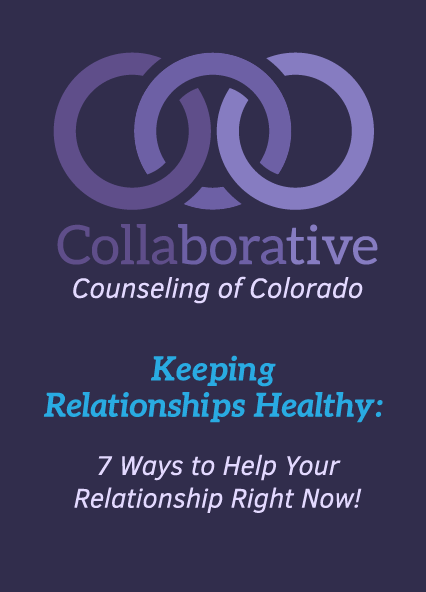Anxiety: Embracing Vulnerability and Cultivating Resilience
Anxiety. It’s a word that carries weight and conjures up a myriad of emotions within us. It’s an experience that many of us are intimately familiar with, yet it remains a topic shrouded in stigma and misunderstanding. In research on human experiences anxiety is one that consistently emerges as a significant challenge for individuals across various walks of life. As you read on, I invite you on a journey of understanding, acceptance, and resilience as we navigate the landscape of anxiety.
Anxiety is not a weakness; it is a deeply human response to the uncertainties and challenges of life. It manifests as a knot in our stomach, a racing heart, and a mind filled with worry and self-doubt. It can feel overwhelming, suffocating even. However, we must remember that anxiety is not our enemy. It is a messenger, a signal that something within us requires attention and care. By embracing vulnerability and leaning into our anxiety, we can begin to unravel its hidden messages and transform our relationship with it.
As a society, we often view vulnerability as a weakness, an undesirable state to be avoided at all costs. We build walls, wear masks, and numb ourselves to protect against potential pain and disappointment. But vulnerability is not weakness. As Brene Brown reminds us it is the birthplace of courage, empathy, and connection. It is the willingness to show up, be seen, and embrace the uncertainty that anxiety brings. When we approach anxiety with an open heart and a curious mind, we create space for growth and healing.
To cultivate resilience in the face of anxiety, we must first acknowledge its presence and accept it as a part of our human experience. Suppressing or denying anxiety only amplifies its power over us. Instead, we can learn to sit with it, to honor its message, and to be gentle with ourselves. By developing a compassionate relationship with our anxiety, we can learn to navigate its ebbs and flows with grace and self-compassion.
An essential step in managing anxiety is developing a self-awareness that allows us to identify our triggers and patterns. By paying attention to our thoughts, emotions, and physical sensations, we can discern the moments that ignite our anxiety. Is it the fear of failure, the pressure to meet unrealistic expectations, or the uncertainty of the future? Once we identify our triggers, we can explore the underlying beliefs and stories that fuel our anxiety. Are these beliefs rooted in reality, or are they distorted perceptions of ourselves and the world? Challenging these beliefs and reframing our narratives is a powerful tool in diminishing anxiety’s grip on our lives.
While it may be tempting to seek quick fixes and instant relief from anxiety, true healing requires patience, courage, and intentional action. Mindfulness practices such as meditation, deep breathing exercises, and grounding techniques can help us cultivate a sense of calm and presence in the face of anxiety. Engaging in regular physical exercise, maintaining a balanced diet, and prioritizing quality sleep are also crucial in supporting our overall well-being and managing anxiety.
Another powerful tool in our resilience arsenal is the practice of gratitude. Anxiety often causes us to fixate on worst-case scenarios and negative outcomes, leaving little room for gratitude and joy. However, by intentionally cultivating a gratitude practice, we can shift our focus towards the present moment and acknowledge the abundance and beauty that surrounds us. Gratitude serves as an anchor, grounding us in the here and now and reminding us of the resilience and strength that lies within.
It is also important to remember that we are not alone in our experiences of anxiety. Reach out to loved ones, friends, or a therapist who can provide a supportive space for you to express yourself and work on your anxiety.

